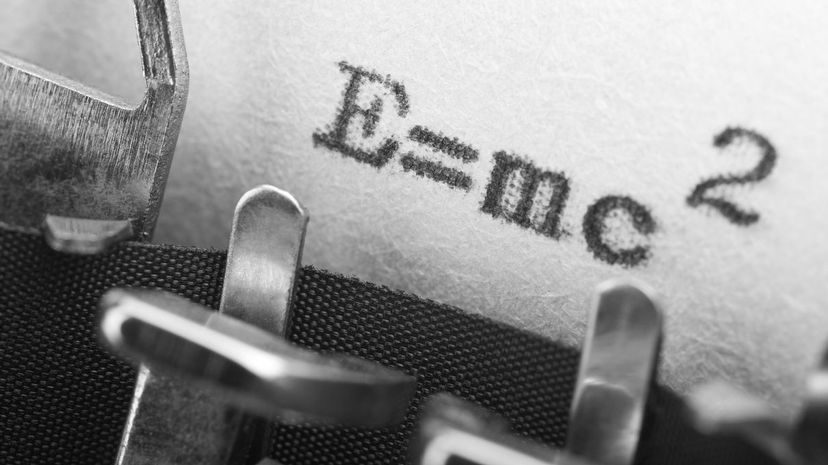
About This Quiz
Humans would have little understanding of the world around them without constant developments in the many fields of science. Of course, these fields would not exist without the influence of the people who initiated their discoveries. How well do you know the most influential people of science? Why not take this quiz and find out?
It's hard to know exactly what draws a scientist to study a certain subject as they seek out an opportunity to revolutionize human thought. There are probably many different factors that scientists can turn to when they look back on what shaped their success. However, scientists certainly have one important component that they share with the rest of the community, and that is curiosity. No great scientist ever rose to prominence without a strong underlying desire to seek out that which is not yet known.
Are you ready to test your knowledge on these great scientists throughout human history? Can you recall the revolutionary theories they put forth or the fields of study they drastically shaped? This quiz gives you the opportunity to discover for yourself just how much you know about the leading scientific figures.
If you're ready to test your knowledge, start this quiz and see how deep your curiosity runs!
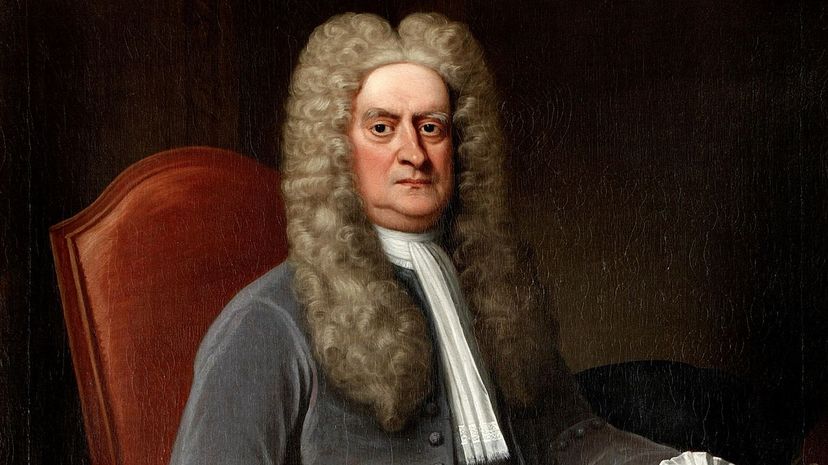
Born in 1643, Isaac Newton worked his way up into the higher echelon of British society. He represented Cambridge in Parliament, was elected president of the Royal Society, and was knighted by Queen Anne during his lifetime.
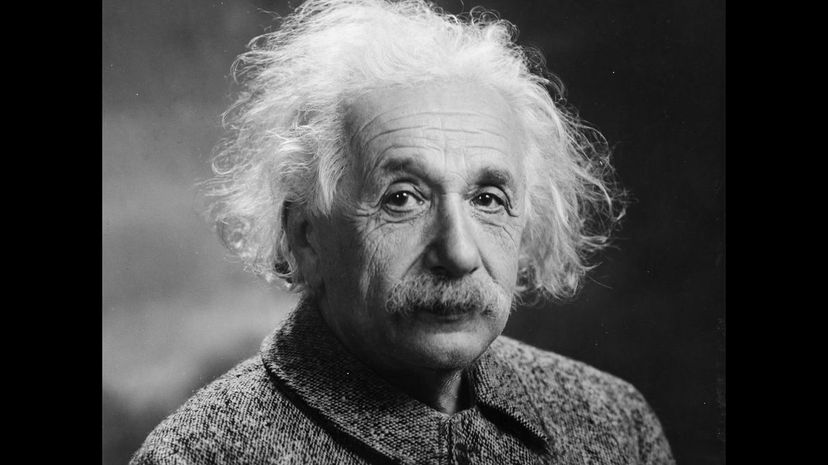
Although Albert Einstein had little belief in a personal God, he was born and raised in a Jewish family. As Nazi Germany rose to power in the 1930s, Einstein was forced to flee his home country as he emigrated to the United States.
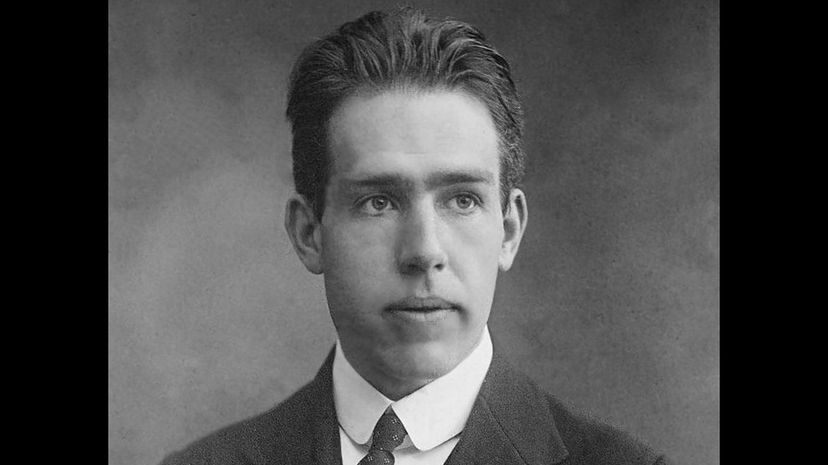
Niels Bohr helped establish the Nordic Institute for Theoretical Physics in 1957. One of the most influential scientists in Scandinavia, Bohr served as the first chairman of the institute.
Advertisement
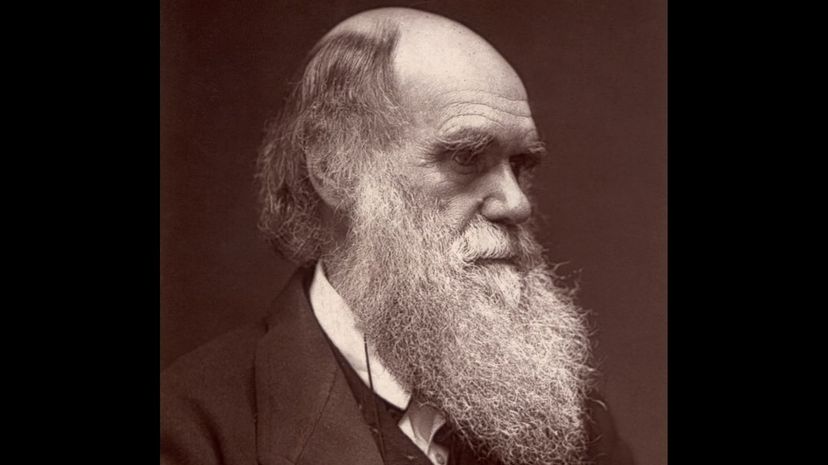
Charles Darwin's theory on evolution was heavily criticized and rejected by most of the religious community when it was first released. In fact, many schools in the Western world refused to include the subject in school textbooks well into the 20th century.
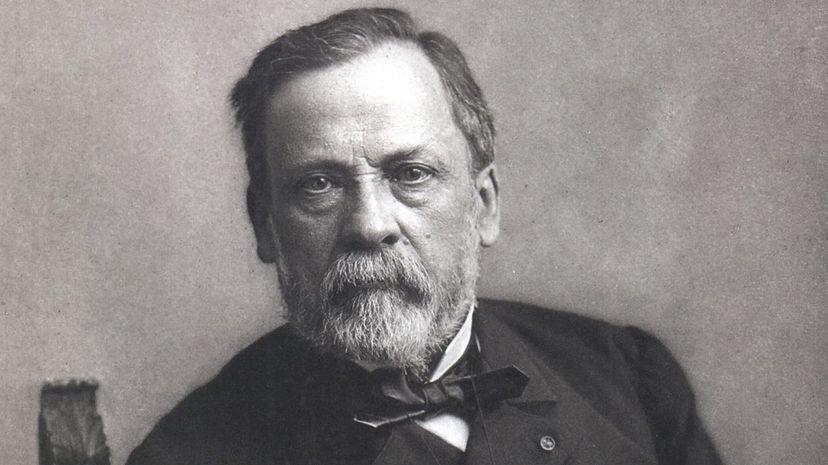
Louis Pasteur was a critical figure in the science of microbiology. His work with germs helped him discover that microorganisms could not form without contamination.
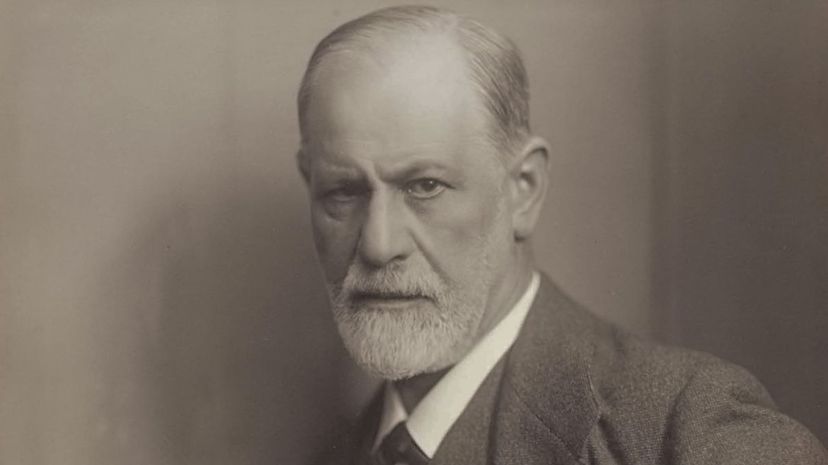
Sigmund Freud changed the way we look at the human mind when he separated conscious thought from subconscious thought. Through his theory, Freud demonstrated that humans really have little control over their actions.
Advertisement
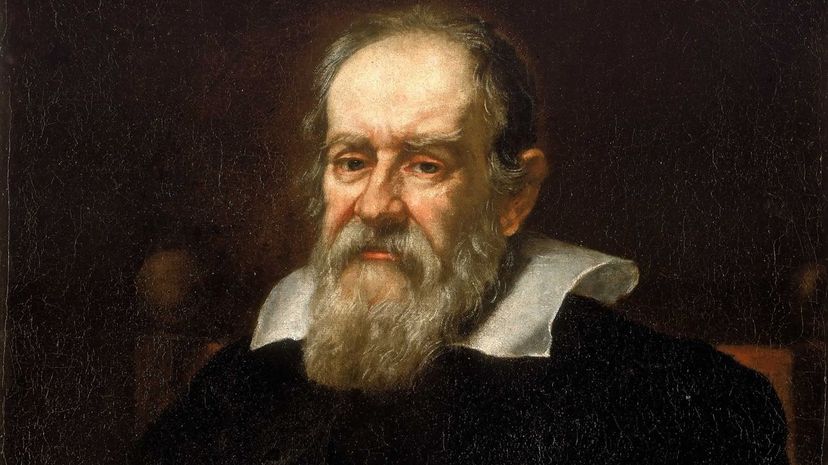
Galileo Galilei was famously blind by the end of his life. His blindness is typically associated with his intense dedication to observing the universe, the sun in particular. However, scholars debate this information, as it was more likely due to old age.
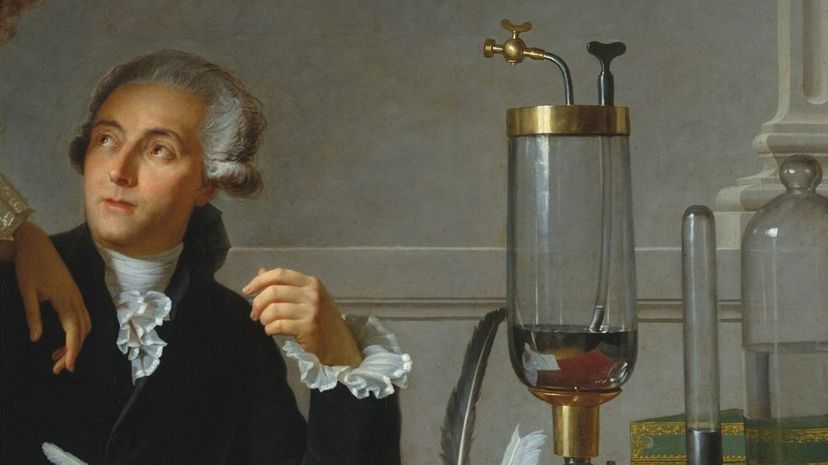
Antonie Lavoisier significantly increased our understanding of chemical elements, even naming such elements as oxygen and hydrogen. He also discovered that water was made up of those two elements.
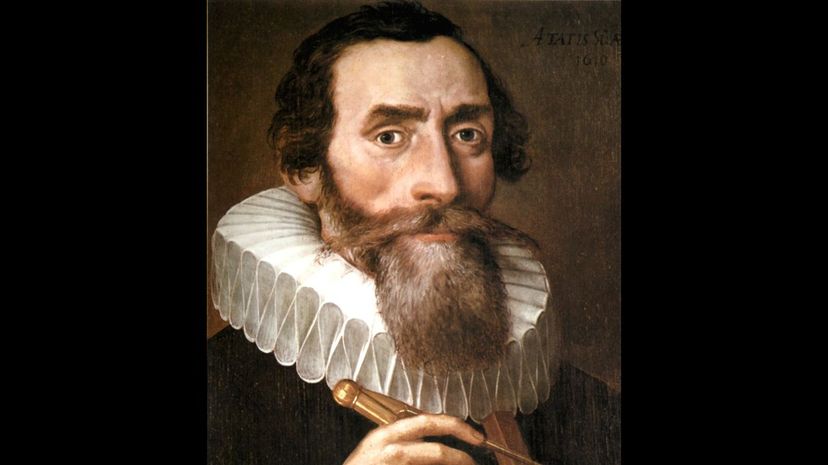
A teacher of mathematics, Johannes Kepler assisted several rulers throughout his lifetime. He even held the position of imperial mathematician under Emperor Rudolf II and his two sons.
Advertisement
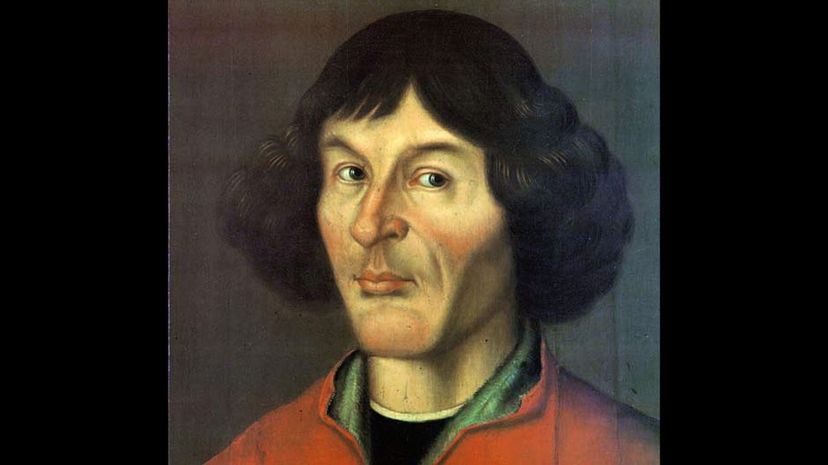
Known as the heliocentric model, Nicolaus Copernicus' sun-centered universe launched a new age of thought that became known as the Copernican Revolution. Of course, not everyone was on board, and the Church proved to be a huge critic of the theory moving forward.
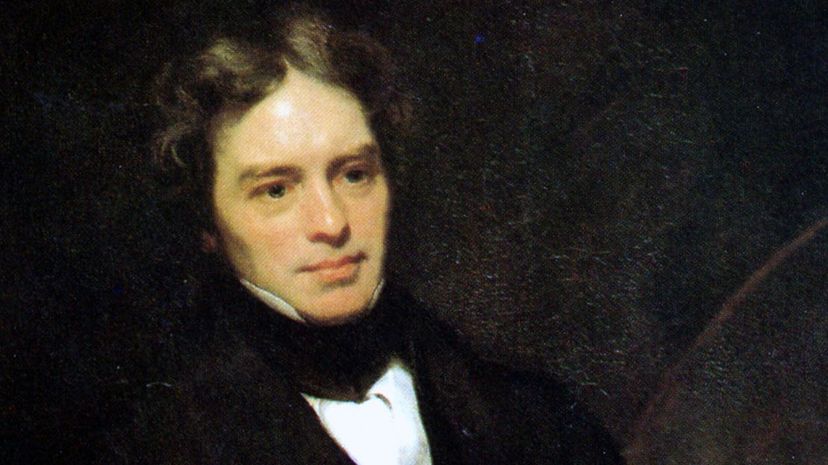
Growing up in London, Michael Faraday was never provided a formal education in science. Instead, he taught the subject to himself while he was serving as a bookbinder apprentice.
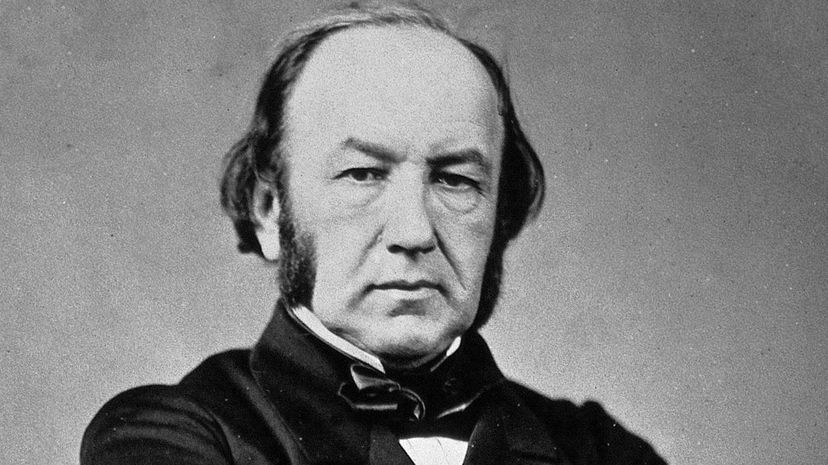
Prior to his science career, Claude Bernard intended to become a playwright. However, he was dissuaded from this career by a critic who told him to pursue science. There's little doubt Bernard made the right decision.
Advertisement
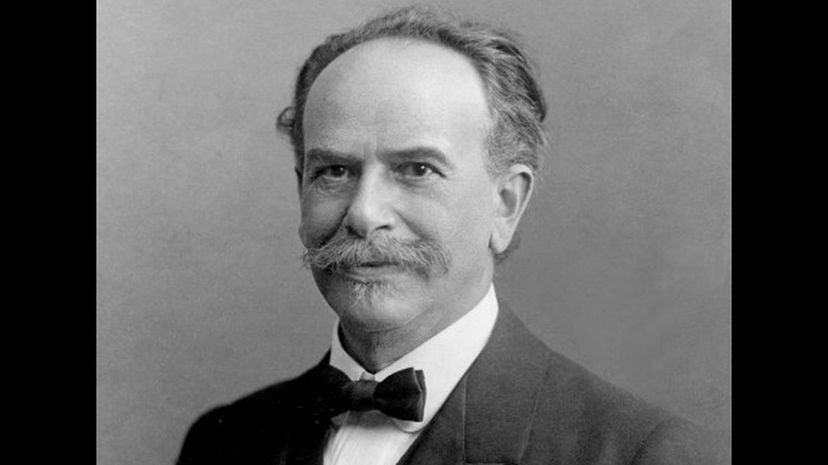
The work of Franz Boas broke away from traditional modes of thinking about society. After studying the Inuits, he introduced concepts about how history shaped the culture and innovations within a society.
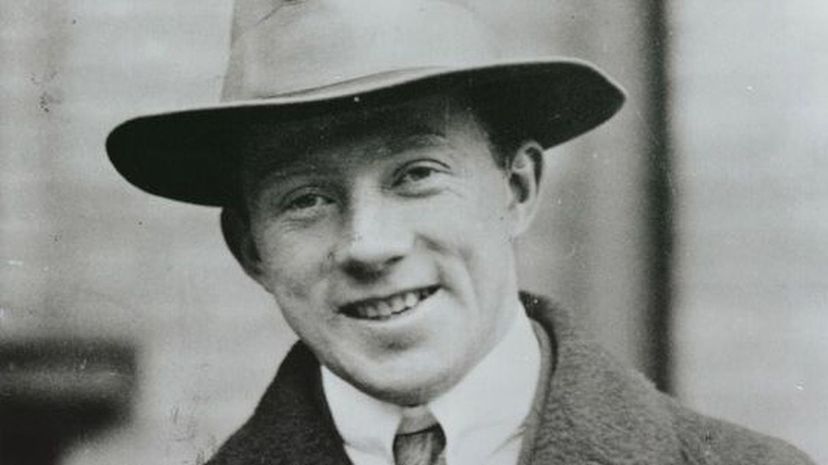
A German native, Werner Heisenberg worked on the Nazi nuclear program during WWII. However, the Germans were not focused on building a nuclear bomb similar to that dropped by the United States on Hiroshima, as it didn't seem feasible at the time.
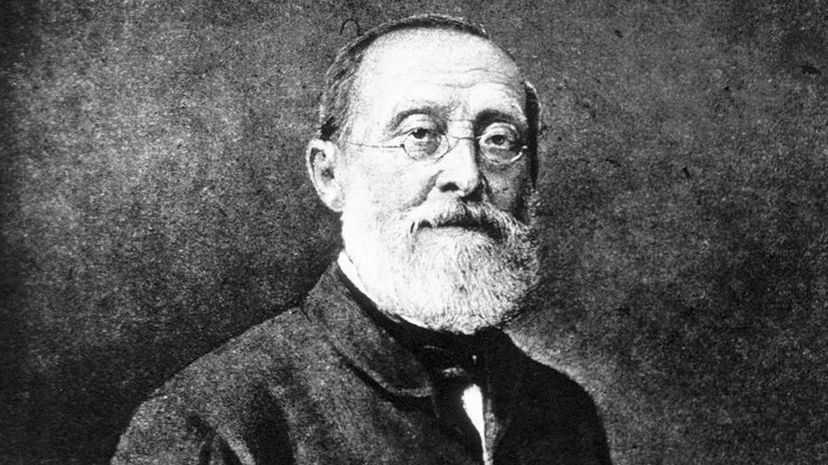
Working in the medical field, Rudolf Virchow was able to analyze and describe multiple diseases, including leukemia, which he named himself. He even determined that there was a connection between cancer and normal cells, a revolutionary finding at the time.
Advertisement
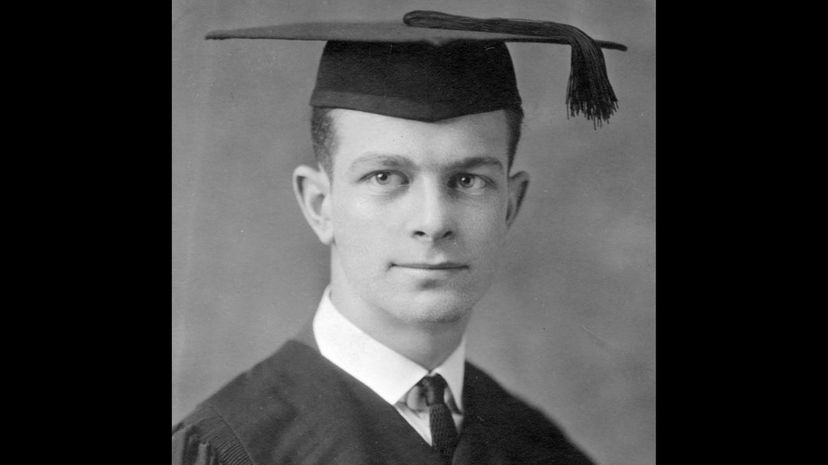
Linus Pauling was twice awarded the Nobel Prize, once for chemistry and the other for peace activism. He's the only two-time winner to not share the award with anyone.
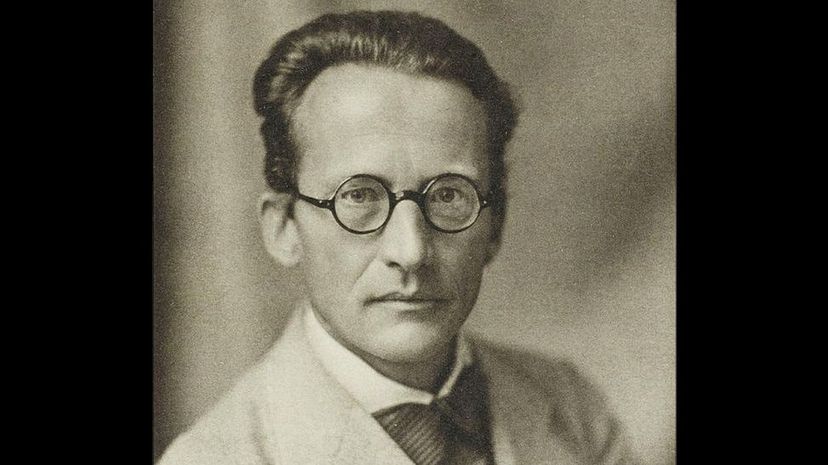
Erwin Schrodinger developed the famous thought experiment known as Schrodinger's cat. The experiment claimed that a fictional cat placed inside a box could be both alive and dead until the box is opened.
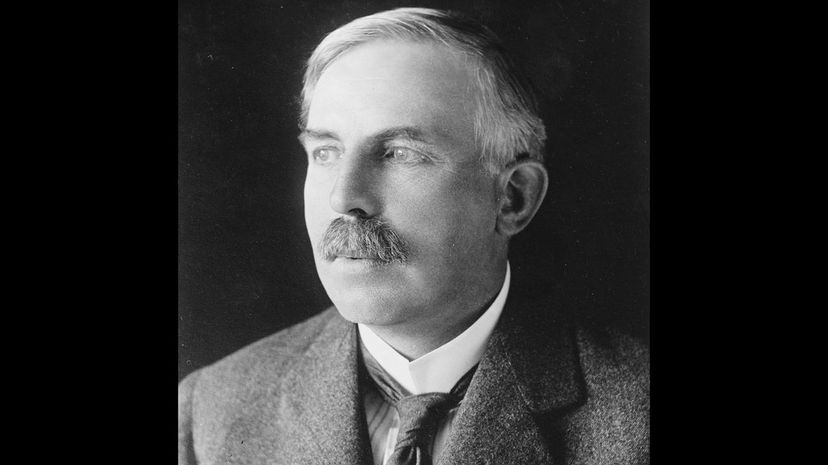
Ernest Rutherford died in 1937 due to complications from a hernia he had ignored for years. The British scientist was honored after his death when he was buried in Westminister Abbey, which is also the resting place of Isaac Newton.
Advertisement
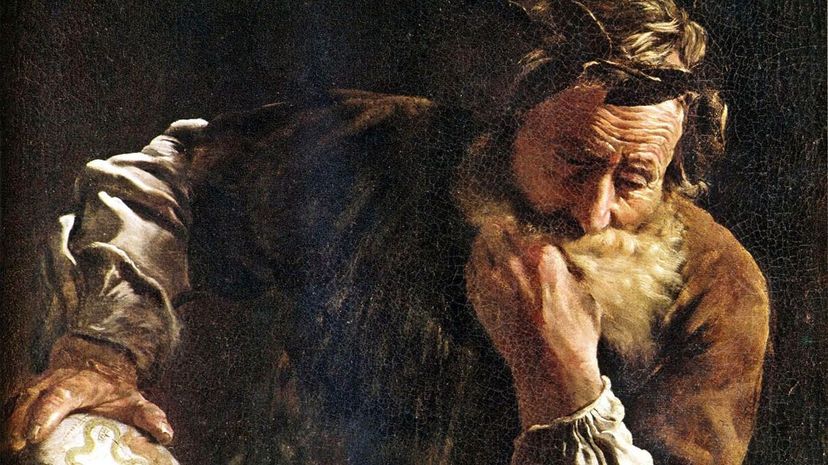
Archimedes was famously killed by a Roman soldier during the Siege of Syracuse even though orders were given to not harm him. His tomb included a sculpture of a sphere and a cylinder, recognizing his mathematical genius.
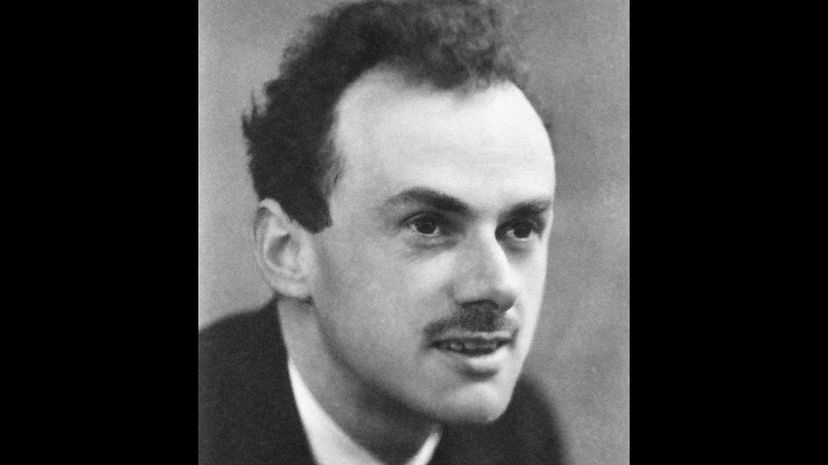
The Dirac equation helped fully combine special relativity with quantum mechanics. The theory also led to the discovery of antimatter, which is important for understanding modern physics.
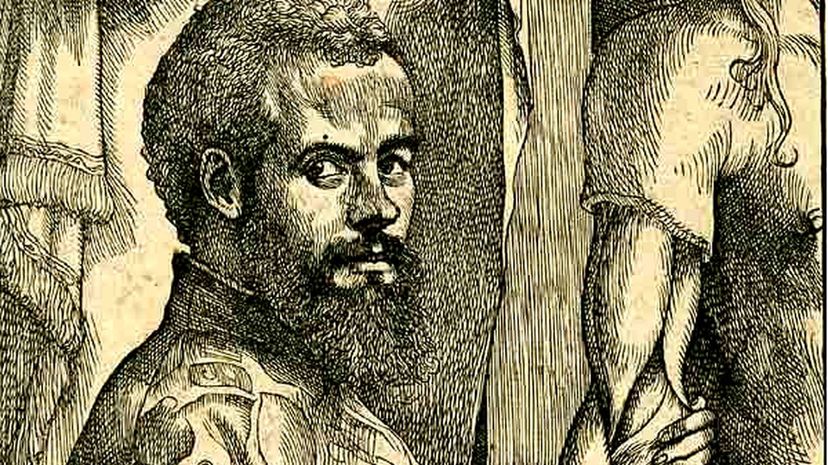
Andreas Vesalius was a proponent of bloodletting, as were most people in the 16th century. However, he was one of the first people to criticize Galen, a Greek physician, who used animals as evidence when he first discussed the practice in the 2nd century.
Advertisement
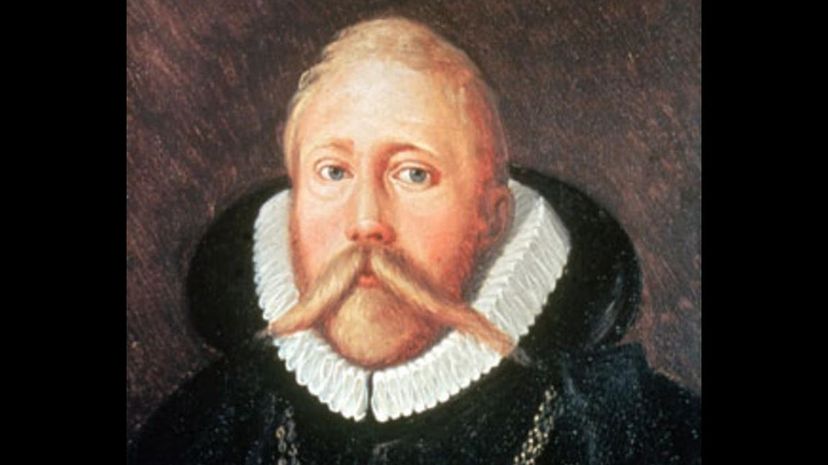
Known as the Tychonic system, Tycho Brahe developed his own model of the universe. His model determined that the planets revolved around the sun, but he still believed that the sun orbited the earth.
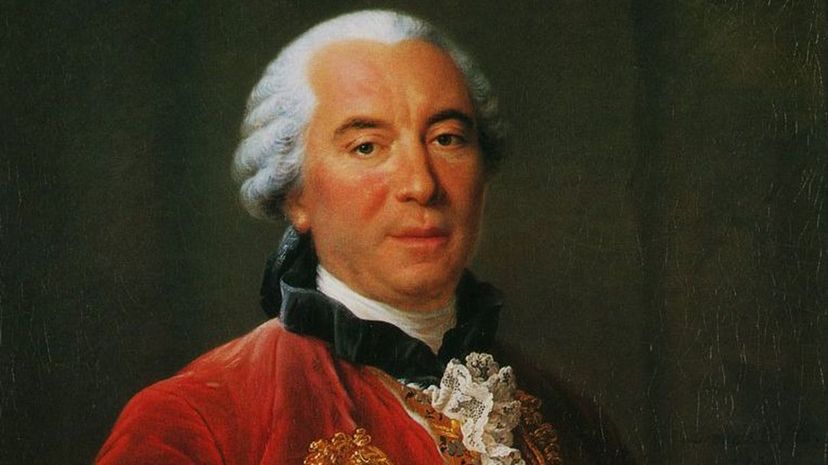
Comte de Buffon served as the head of the Parisian Jardin du Roi from 1739 until his death in 1788. He played a critical role in transforming it into a museum and research center.
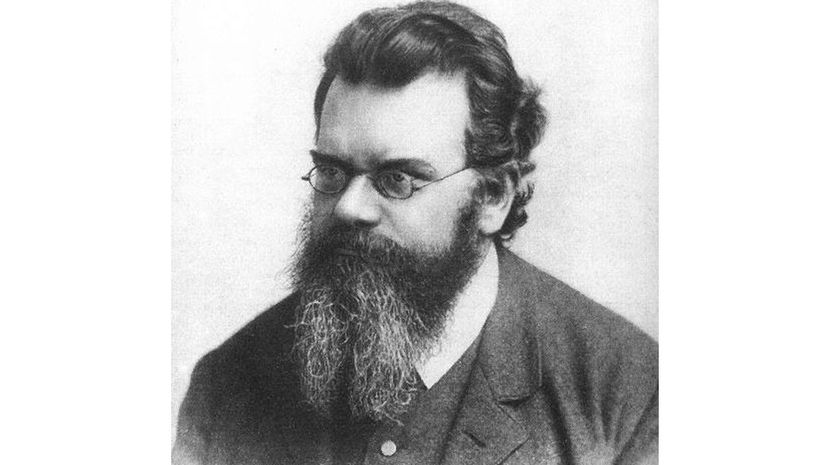
Ludwig Boltzmann was forced to spend his final years defending his theories as they constantly came under more and more pressure. The criticism got the best of him, and he killed himself in 1906 at the age of 62.
Advertisement
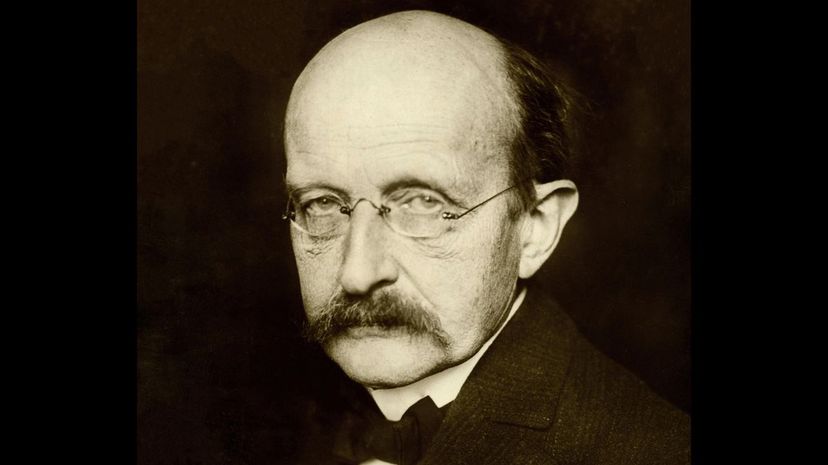
Throughout WWII, the Germans used the Kaiser Wilhelm Society to conduct many of their scientific experiments. The society was renamed the Max Planck Society in 1948 to honor the contributions of Planck.
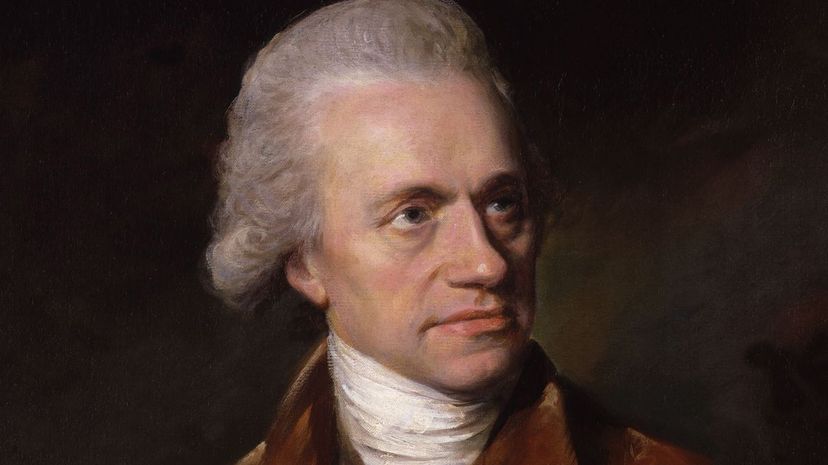
Uranus was too dim to be seen in the night sky, which is one of the reasons it wasn't discovered in ancient times. With the coldest temperatures of any planet, Uranus is often called the "ice giant."
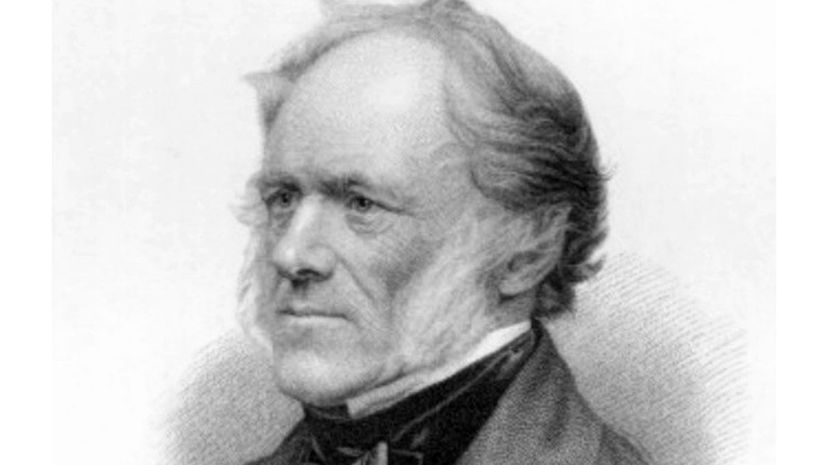
Geology is derived from the Greek words "ge" and "logos," which mean rocks and knowledge respectively. The field of study can be used to tell us the history of the earth, dating back millions of years.
Advertisement
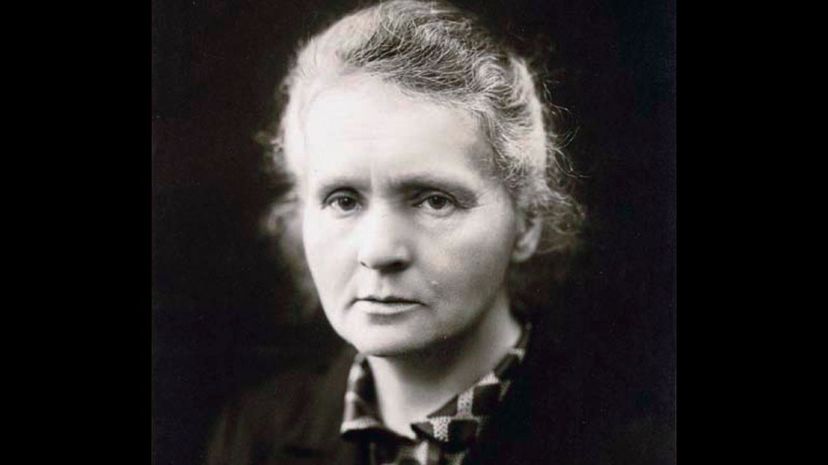
Along with her husband, Pierre, Marie Curie discovered the elements polonium and radium, which earned them both the Nobel Prize. Sadly, her work with radiation eventually got the best of her, and she died in 1934 from aplastic anemia.
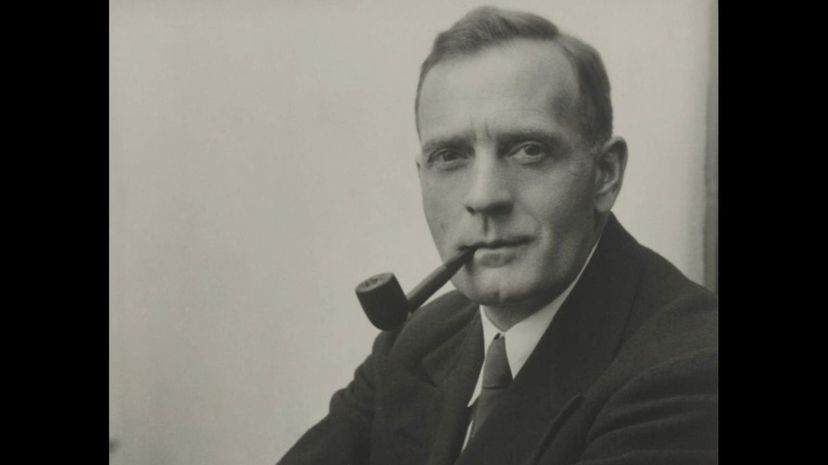
After discovering the existence of other galaxies, Edwin Hubble determined that these galaxies are constantly expanding. This observation helped Albert Einstein establish his theory of relativity.
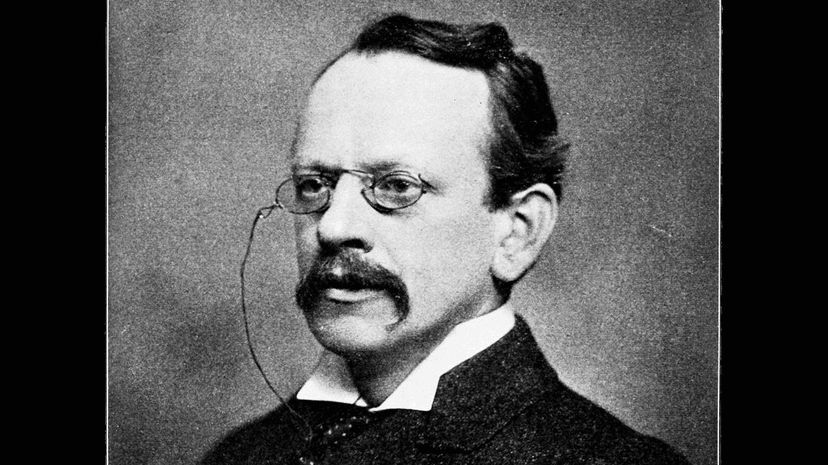
The son of a bookshop owner, Joseph Thomson was admitted to college at the age of 14. He later received a master's degree from Trinity College where he worked on the vortex theory of atoms.
Advertisement
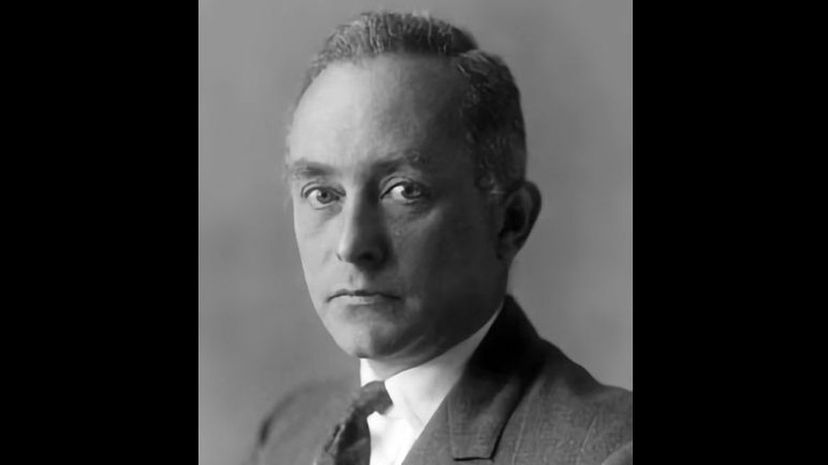
Max Born's theory on wave function determined that the function could only be used to predict probabilities. This statistical interpretation helped in the evolution of quantum mechanics.
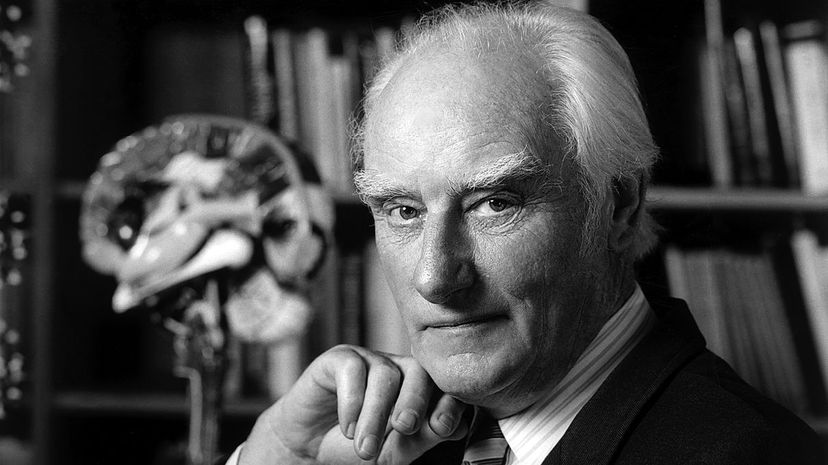
Atoms are made up of protons, neutrons and electrons. Most of the mass of an atom is located in the nucleus, which is where the protons and neutrons are held.
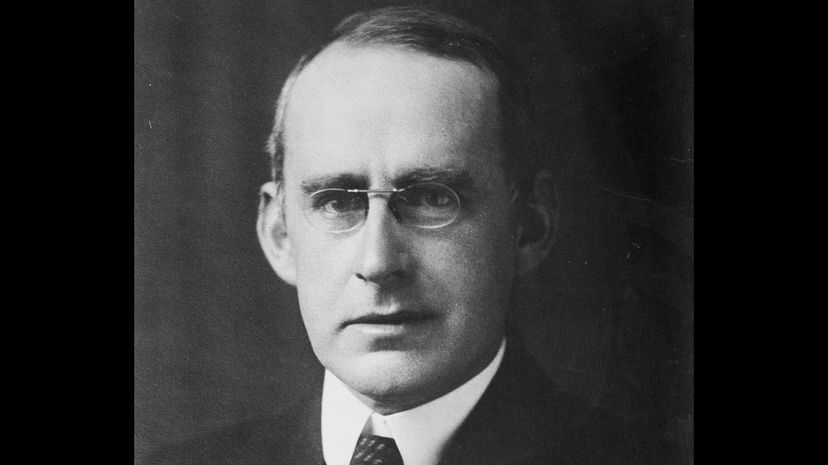
Arthur Eddington helped confirm and progress many of Albert Einstein's ideas around relativity. He was particularly famous for his expedition in 1919 to witness a solar eclipse, which helped confirm general relativity.
Advertisement
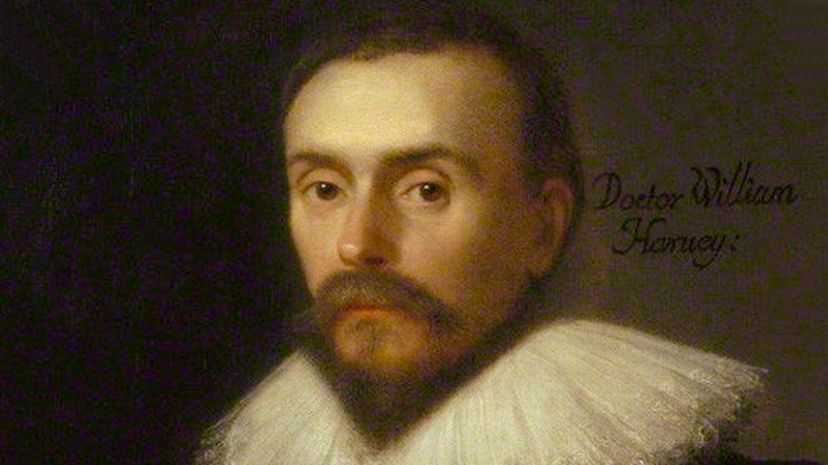
A human heart, which pumps blood throughout the body, will beat around 2.5 billion times in a person's lifetime. For women, this number tends to be higher because their hearts typically beat faster.
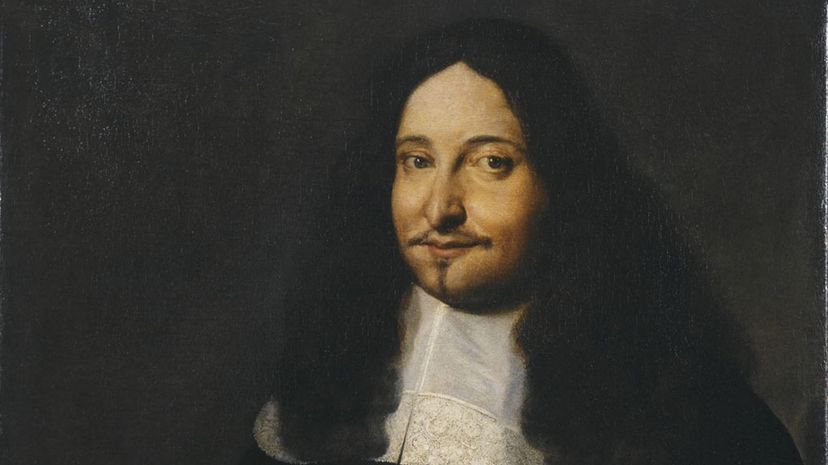
Marcello Malpighi was able to use the microscope to make many important discoveries about the body from taste buds to the connection between arteries and veins. One major discovery credited to him was that blood gets its red color from red blood cells.
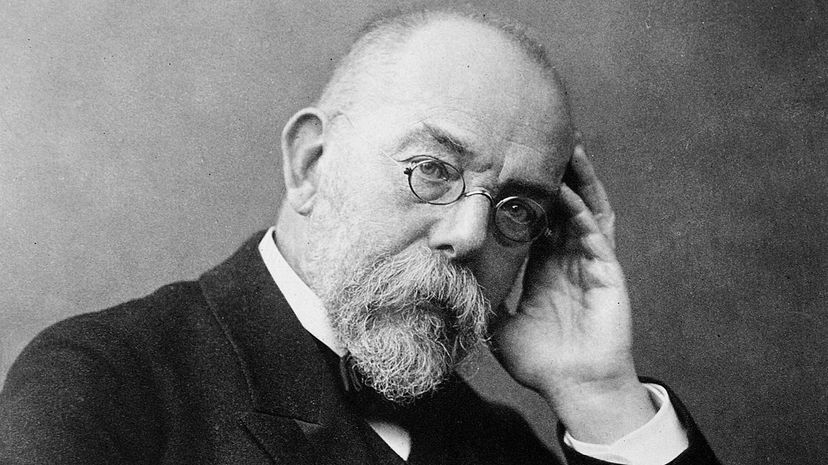
Robert Koch is credited with discovering what caused one of humanity's worse diseases: tuberculosis. This discovery has led to both vaccinations and treatments for the disease.
Advertisement
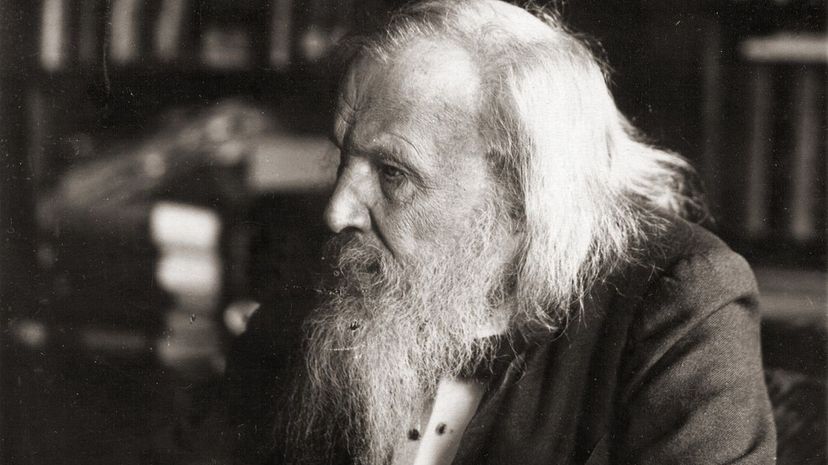
As the importance of oil rose throughout the 19th century, Dmitri Mendeleev took careful note of its impact. With this knowledge, he helped Russia establish its first oil refinery.
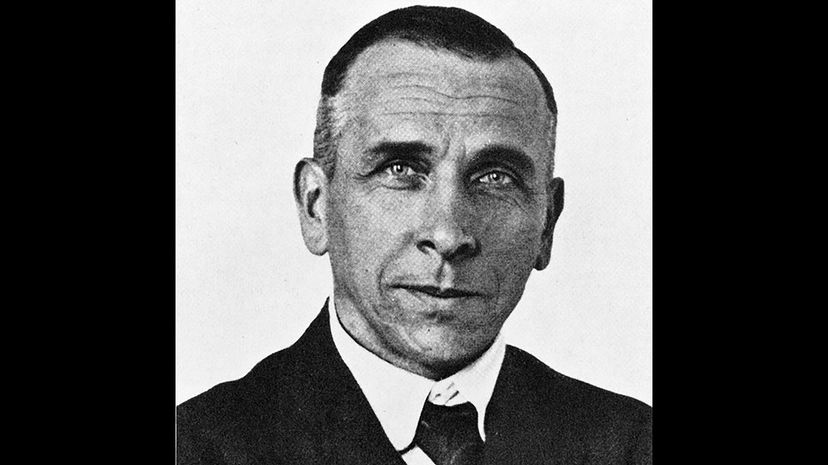
Continental drift helped determine the existence of plate tectonics, which causes earthquakes and volcanos around the world. The Ring of Fire around the Pacific Ocean is a good example of a plate's impact on these activities.
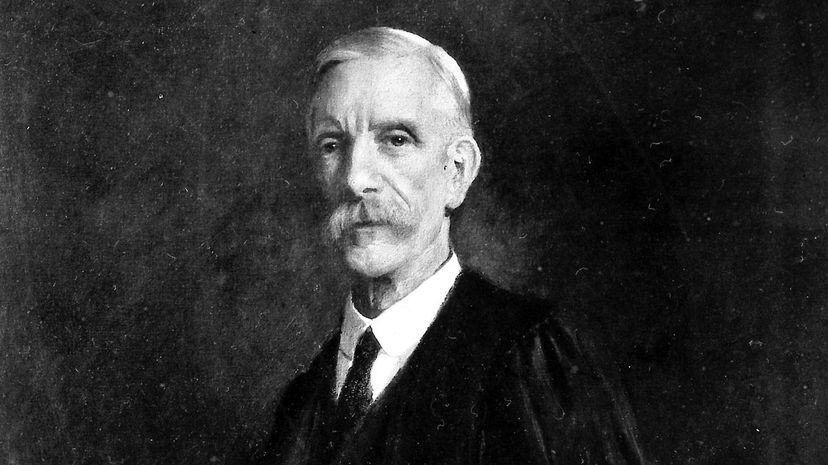
Vitamins have a significant impact on every part of the body from heart to eye health. For example, vitamin D, which can be found in milk, is critical for bone support.
Advertisement
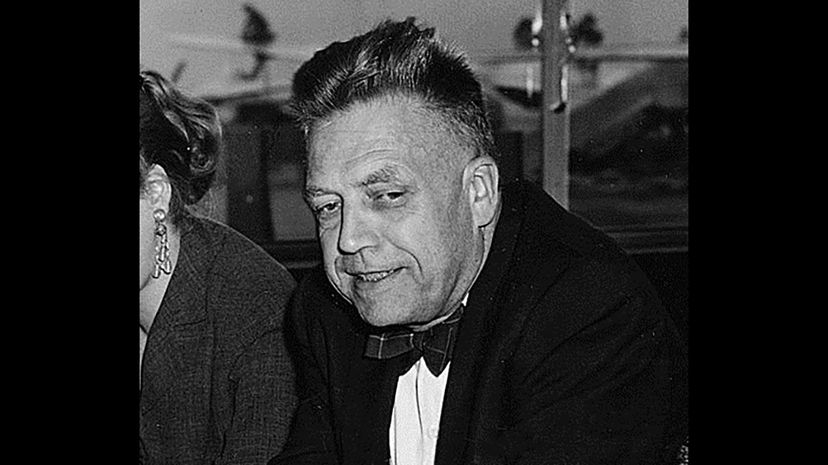
Alfred Kinsey determined that human sexuality is based on a spectrum of possibilities with few people falling to one of the extremes. He published his findings in "Sexual Behavior in the Human Male" and "Sexual Behavior in the Human Female."